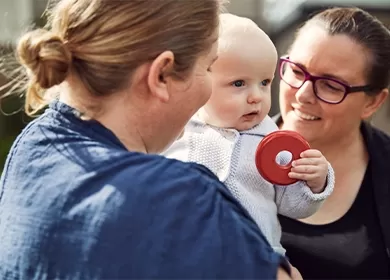Australia’s minimum age of blood donation to be increased to 18 years
The minimum age for blood donation will increase from 16 to 18 years from January 2018 in a move designed to better protect the iron stores of Australia’s young donors.
Presently, 16 and 17 year olds can only give blood once a year in Australia. This change was introduced in 2014.
Recently, more evidence has emerged that younger people are more prone to low iron levels. Low iron levels may cause tiredness, impair concentration and reduce physical performance.
Lifeblood chief medical officer, Dr Joanne Pink, said that because iron is lost through blood donation, the Lifeblood felt it was in the best interests of young Australians to only donate blood after they turn 18.
“As part of our ongoing commitment to donor safety we are always monitoring new and emerging research about donor health and, when necessary, will make changes to our donation guidelines,” Dr Pink said.
“We’re confident that this change won’t impact the blood supply. Our existing guidelines mean that once-a-year donations from 16 and 17 year olds account for a relatively small number of the national’s total blood donations, and we are confident we can recover those through our usual activities.”
Dr Pink said the Lifeblood had commenced communications with youth donors to inform them of the change.
Officially, the change comes into effect on the 14 January 2018, to allow time for the necessary administrative changes to take place. However, in the interim, the Lifeblood will be advising 16 and 17 year olds not to donate until after they turn 18.


